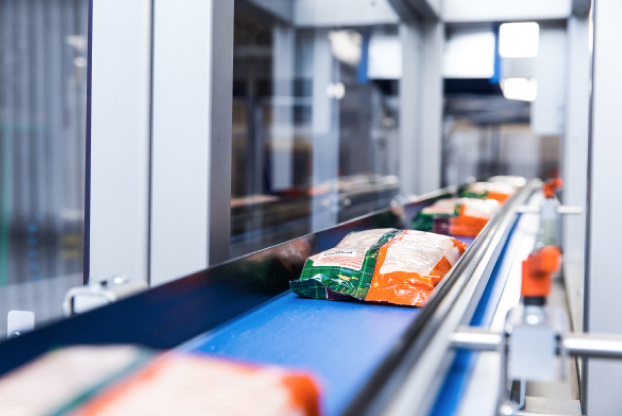FDF’s £50bn plan for UK food & drink producers

The Food and Drink Federation (FDF) has urged the UK government to back a £50 billion growth plan for the country’s largest manufacturing sector, setting out a bold vision to strengthen competitiveness and innovation by 2035. The plan aims to double annual investment, expand exports to £35 billion, and establish Britain as a global hub for food and drink innovation.
Food and drink manufacturing, which spans 12,000 businesses from Midlands bakeries and cereal makers to soft drink producers in the South West, Scotland’s oat millers and soup makers in the South East, is a cornerstone of the UK economy. Yet the industry faces mounting challenges, including rising costs, regulatory pressures, weak consumer demand and intensifying competition from overseas. Business confidence fell to -60 per cent in the third quarter of 2025, underscoring the urgency of action.
Despite these headwinds, the sector remains determined to seize growth opportunities. Backed by household names such as Associated British Foods, Carlsberg Britvic, Danone, Mondelēz International, Nestlé UK, Nomad Foods, Premier Foods, Princes Group, Suntory Beverage and Food, and Tate & Lyle Sugars, the FDF has outlined five ambitions to drive resilience and long-term success. These include doubling investment, boosting exports, unlocking £14 billion through technology adoption, positioning the UK as a leader in healthier product innovation, and cutting emissions across the agrifood supply chain by half.
The FDF argues that renewed investment is the common thread to unlocking growth in all these areas. At its annual Investment Summit, the federation highlighted how a stronger partnership between government and industry could deliver prosperity, from promoting British exports and strengthening supply chain resilience to supporting innovation in healthier products and ingredients.
Among the measures being sought are broader eligibility for R&D tax credits, easing restrictions on importing food samples for research, opening up robotics and technology funding to food manufacturers, matching devolved nations’ export support, offering tax relief for precision fermentation, and expanding skills training through short courses critical to the sector.
Government ministers have signalled support for the industry’s ambitions. Environment Secretary Emma Reynolds described food and drink as “at the heart of Britain’s economy,” contributing £37 billion and employing nearly half a million people. She said the government’s Good Food Cycle initiative, developed in partnership with industry, would help create the conditions for sustainable growth, while ongoing negotiations with the EU aim to reduce red tape and costs.
Karen Betts, chief executive of the FDF, said the sector was ready to do more but needed a stronger partnership with government to unlock investment. “Our industry can and should do so much more,” she said. “We need to grow our investment in technology, environmental sustainability, and healthier products to better serve the UK’s growing population and maintain our competitiveness.”
Minister for Consumer Goods Kate Dearden added that the food and drink industry was central to economic growth, supporting jobs and supply chains nationwide. She pointed to the government’s Trade Strategy as a means of removing barriers and opening new export opportunities.
The FDF’s plan sets out a ten-year ambition that industry leaders believe is both bold and achievable. With coordinated government action, they argue, the UK can secure its place as the best country in the world to start, grow and invest in food manufacturing.

